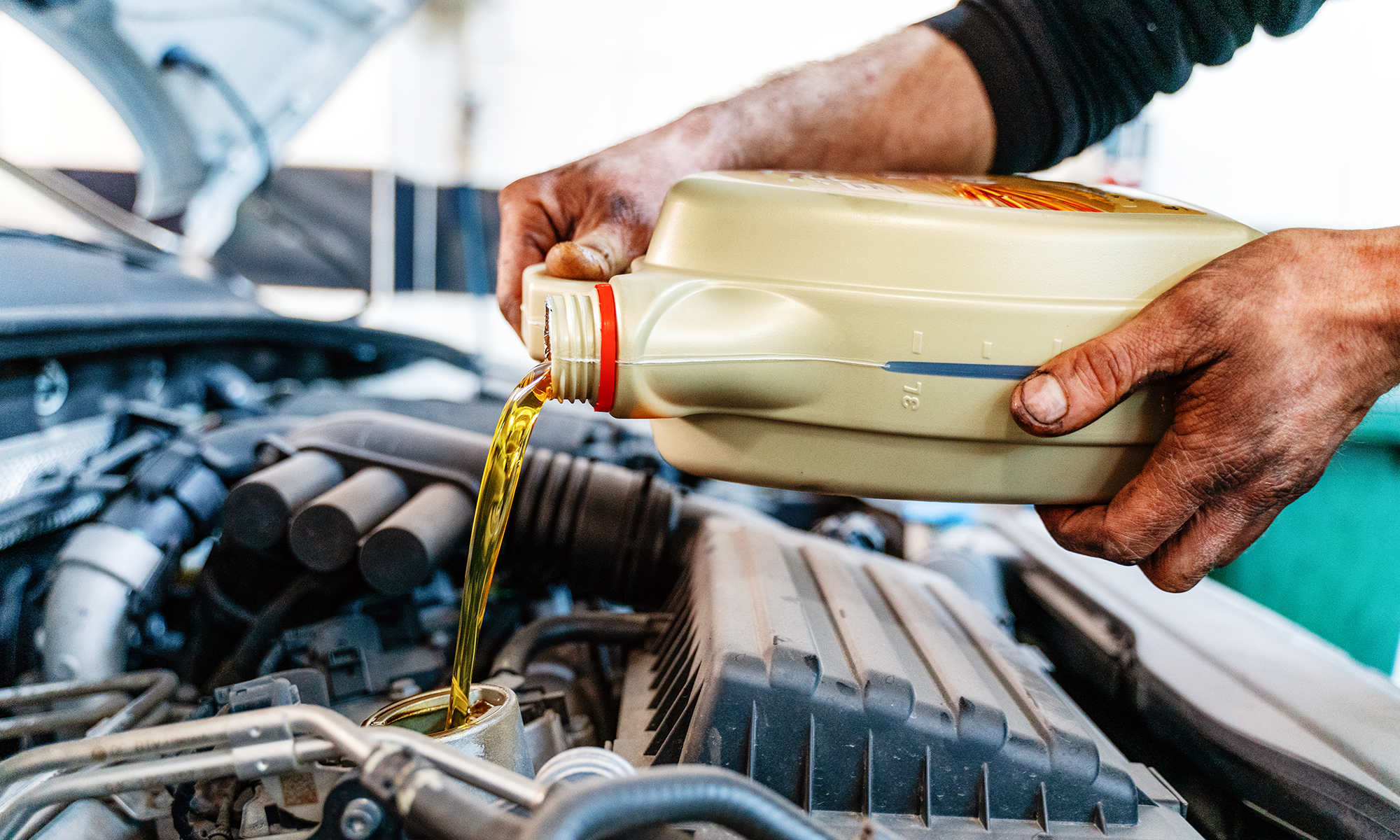Engine oil plays a crucial role in keeping your engine clean and running smoothly. Over time, oil can break down and become contaminated with deposits and sludge. This can potentially cause serious damage to your engine. Therefore, it is important to regularly check your engine oil level and top up if necessary.

Credit: www.endurancewarranty.com
How to Check and Top Up Oil
Checking and topping up your engine oil is a simple process that can be done at home. Here are the steps to follow:
- Ensure that your vehicle is parked on a flat surface and the engine is turned off.
- Open the hood of your car and locate the dipstick. It is usually labeled with a bright-colored handle and located near the engine.
- Remove the dipstick and wipe it clean with a cloth or paper towel.
- Insert the clean dipstick back into the pipe and push it all the way in.
- Take out the dipstick again and observe the oil level. The dipstick usually has markings indicating the proper oil level range.
- If the oil level is below the minimum mark, it is necessary to top up the oil.
- Refer to your owner’s manual to determine the recommended oil viscosity and quality level for your specific vehicle.
- Remove the oil filler cap and slowly pour in a small amount of oil at a time.
- Check the oil level again using the dipstick and repeat the process until the oil level reaches the optimal range.
- Remember not to overfill the oil, as it can lead to other issues.
- Finally, securely tighten the oil filler cap and close the hood of your vehicle.
Is Topping Up Engine Oil Recommended?
Topping up engine oil is generally not recommended unless the oil level is below the minimum mark. If you are running low on oil, it is crucial to address the issue promptly to prevent any potential damage to your engine. However, it is important to note that topping up oil should not be seen as a substitute for regular oil changes.
Regular oil changes are necessary to remove old, contaminated oil and replace it with fresh, clean oil. When you add more oil by topping it off, you are essentially mixing new oil with old, dirty oil. This can lead to an overall degradation in oil quality and potentially reduce the oil’s effectiveness in lubricating and protecting your engine.
Therefore, it is advisable to follow the manufacturer’s recommendations for oil change intervals and not solely rely on topping up oil to maintain proper engine health. Regularly checking the oil level and addressing any low levels promptly can help prolong the life of your engine and prevent costly repairs.

Credit: issuu.com
Conclusion
In summary, topping up engine oil can be done if the oil level is below the minimum mark. However, it should not be seen as a substitute for regular oil changes. Regularly checking the oil level and following the manufacturer’s recommendations for oil change intervals are essential for maintaining optimal engine health. By taking proper care of your engine oil, you can ensure the longevity and performance of your vehicle.
Read More:


